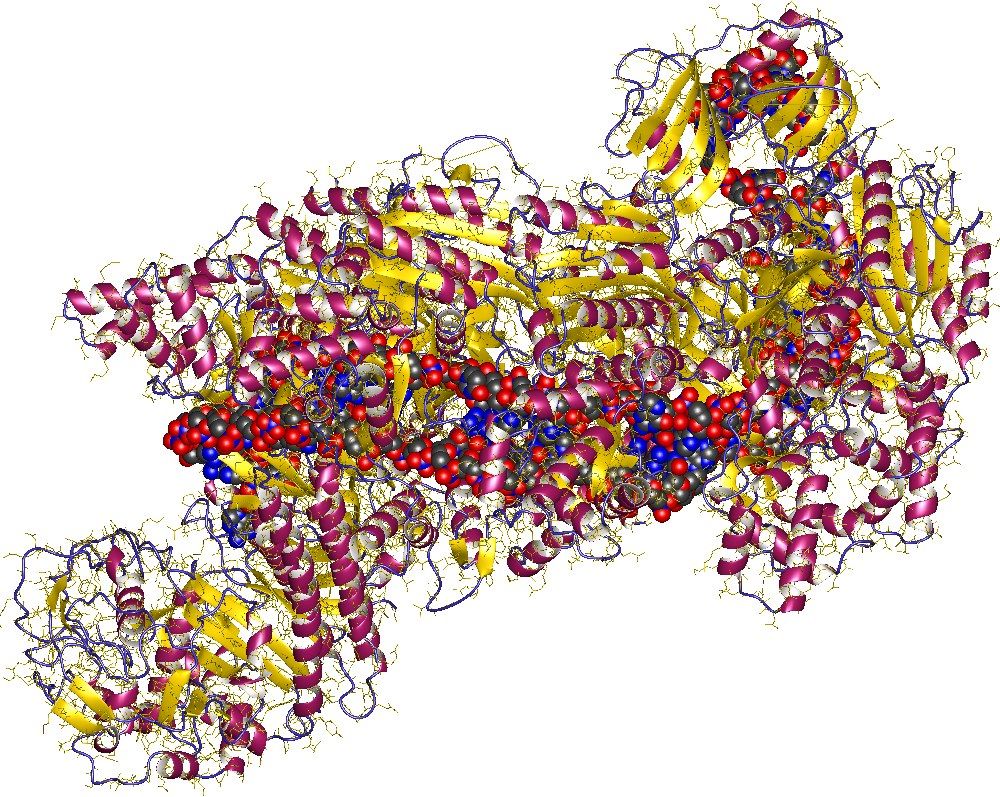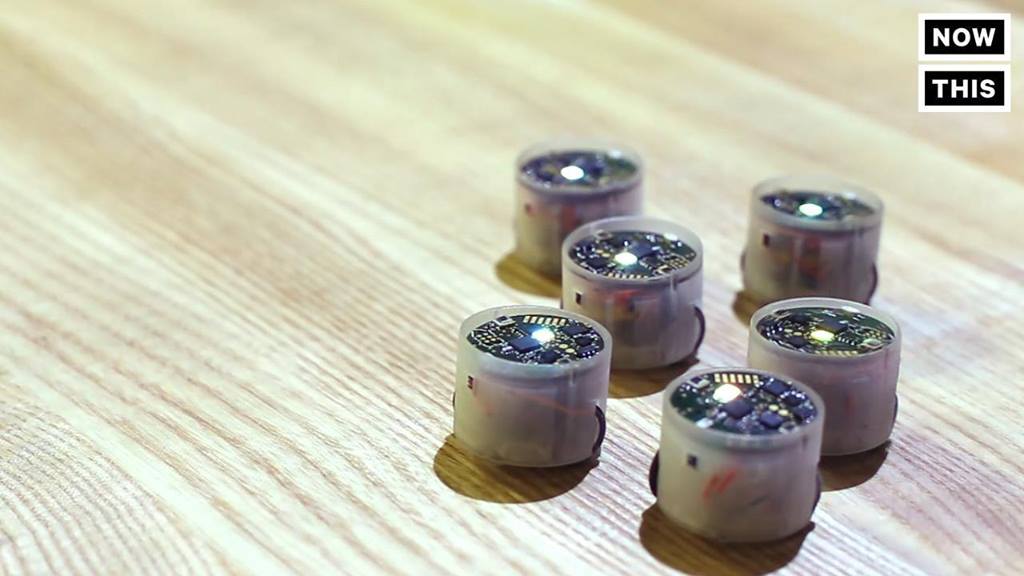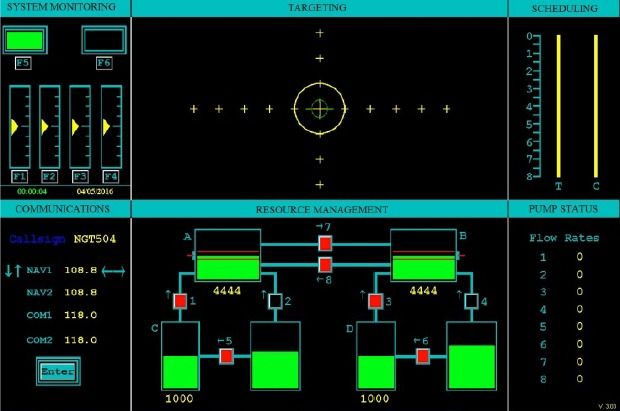
(Phys.org)—A team of researchers working at West China Hospital in Chengdu has for the first time injected CRISPR–Cas9 edited cells into a human test subject. Nature reports that the procedure occurred on October 28, and that thus far, the patient is doing “fine.”
Modified cells have been injected into human subjects before, of course, but using different techniques. CRISPR-Cas 9 is considered to be a more efficient approach. In this new effort, the researchers isolated immune cells retrieved from a blood sample, then used CRISPR-Cas9 to locate and disable the PD-1 protein in them, which prior research has shown slows an immune response by a cell. The idea is that disabling the protein will allow the immune system to put up more of a fight against tumor growth. The edited cells were placed in a container where they were fed and allowed to multiply—the entire collection was then gathered and injected into a patient suffering from a type of lung cancer that had not responded to any other treatment type.
The CRISPR technique involves using an RNA guide that binds to a particular DNA sequence and an enzyme (the Cas9 part) that can cut strands of DNA at preselected spots, allowing for removing strands or adding new ones.
Continue reading “Chinese group injects CRISPR edited cells into human test subject for first time” »

















